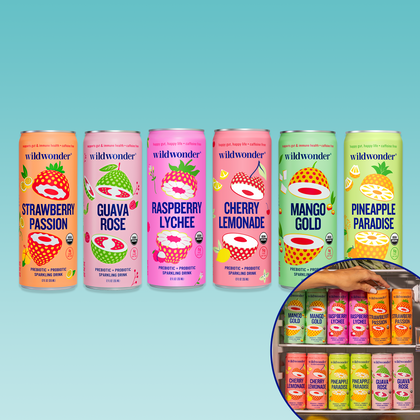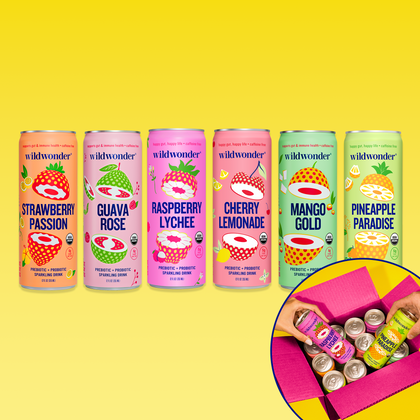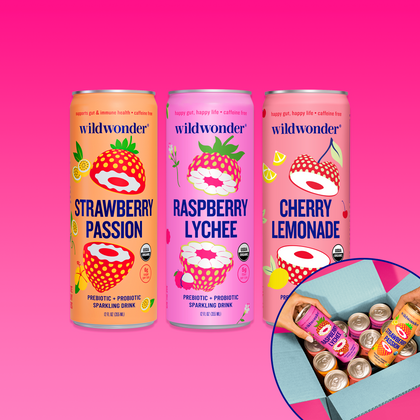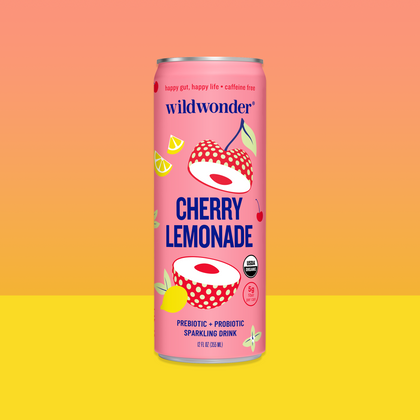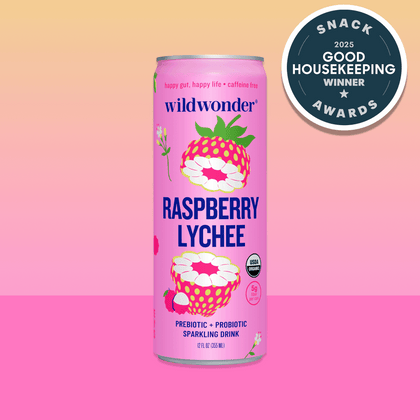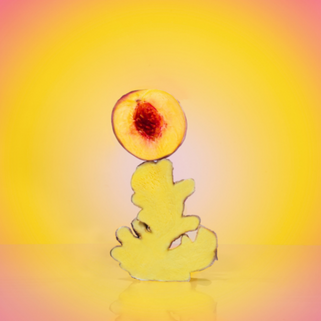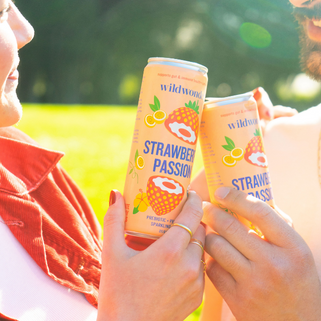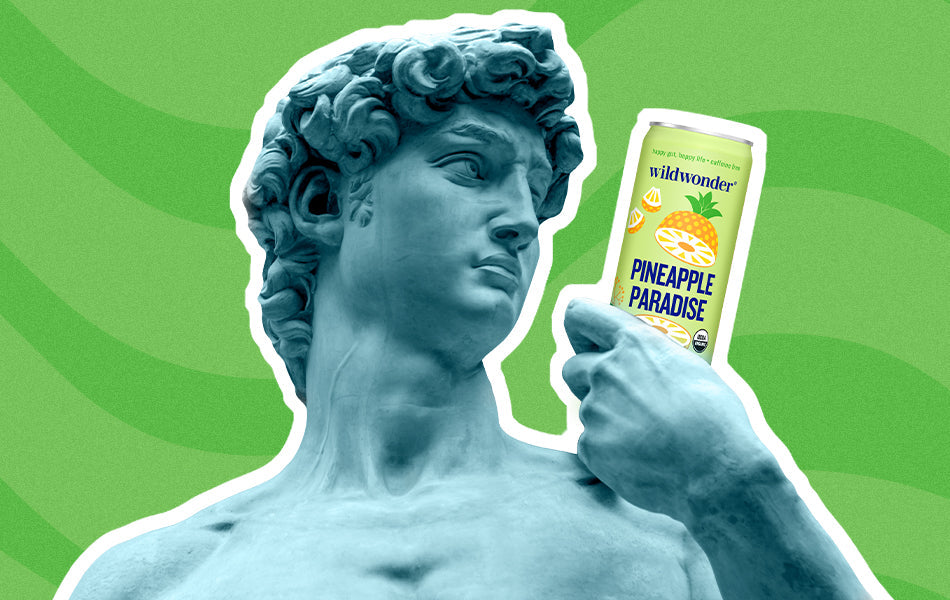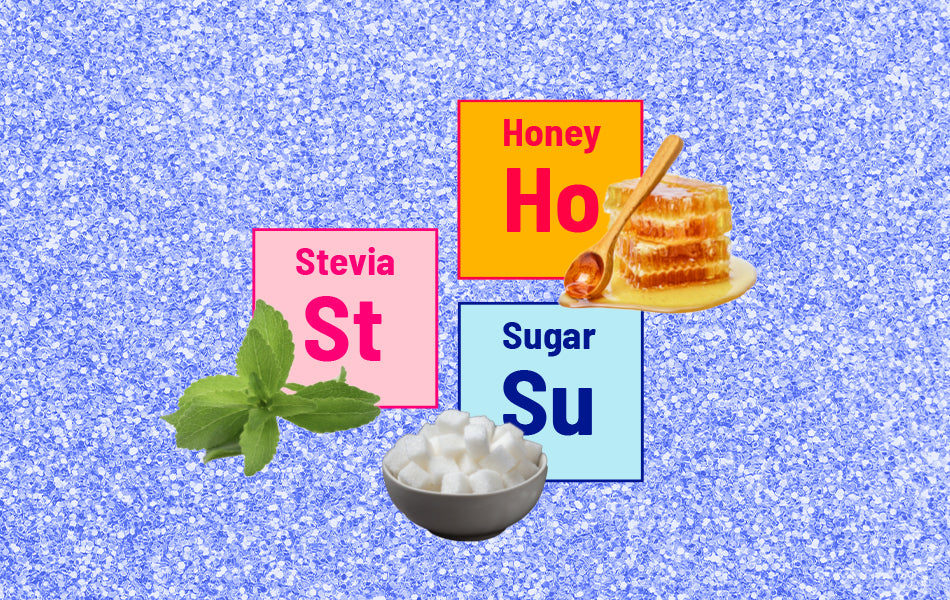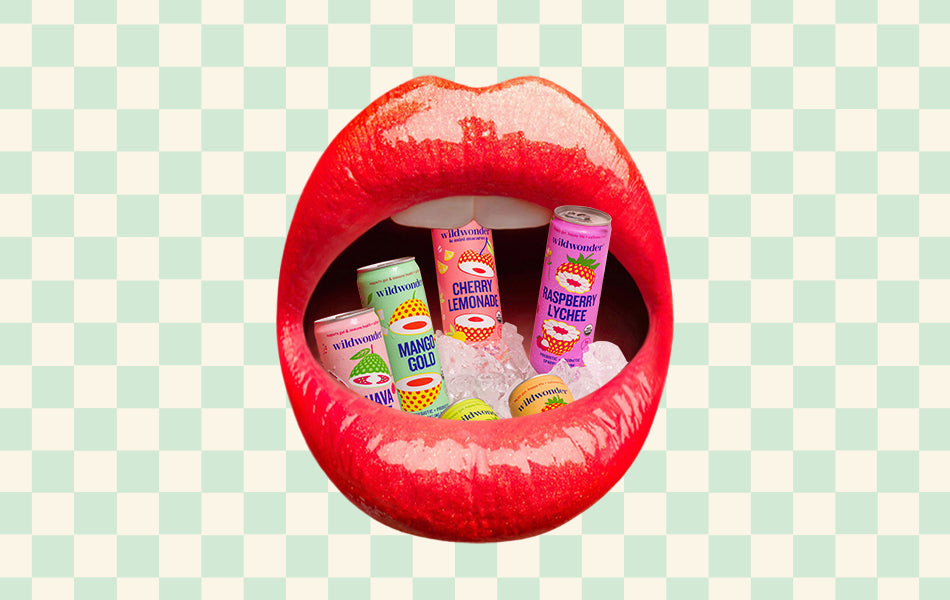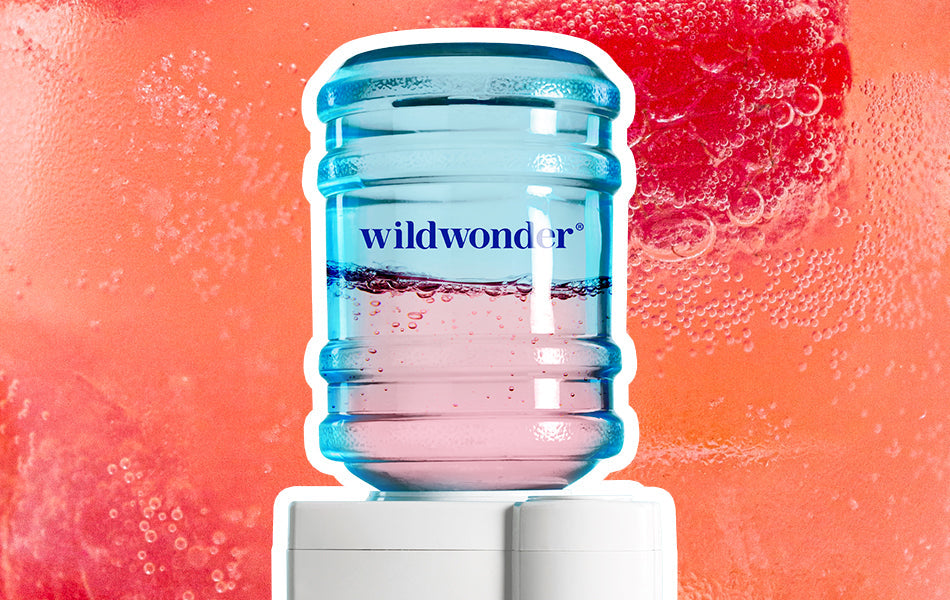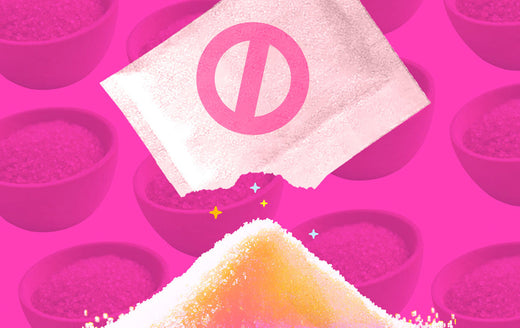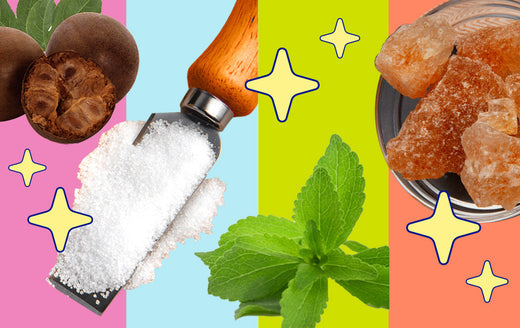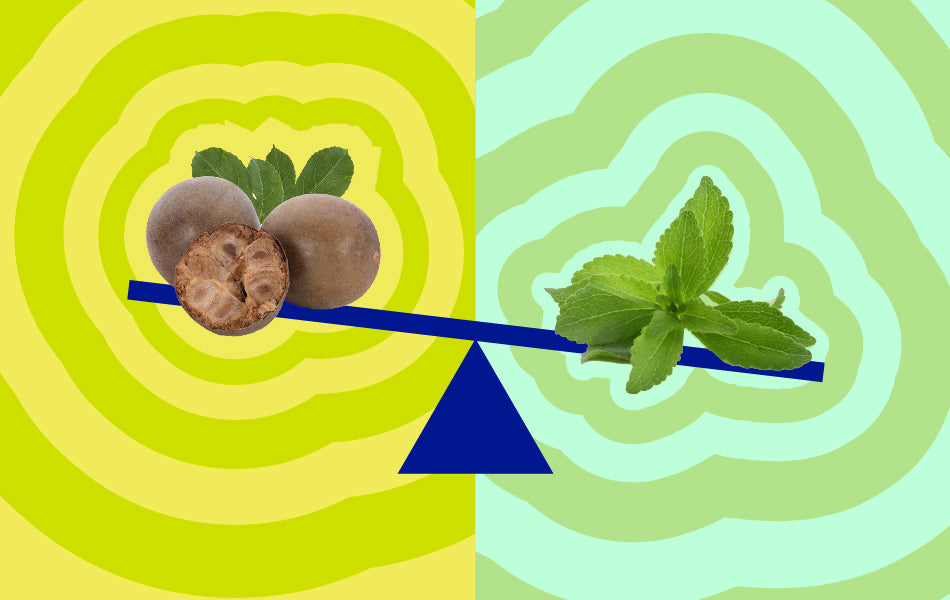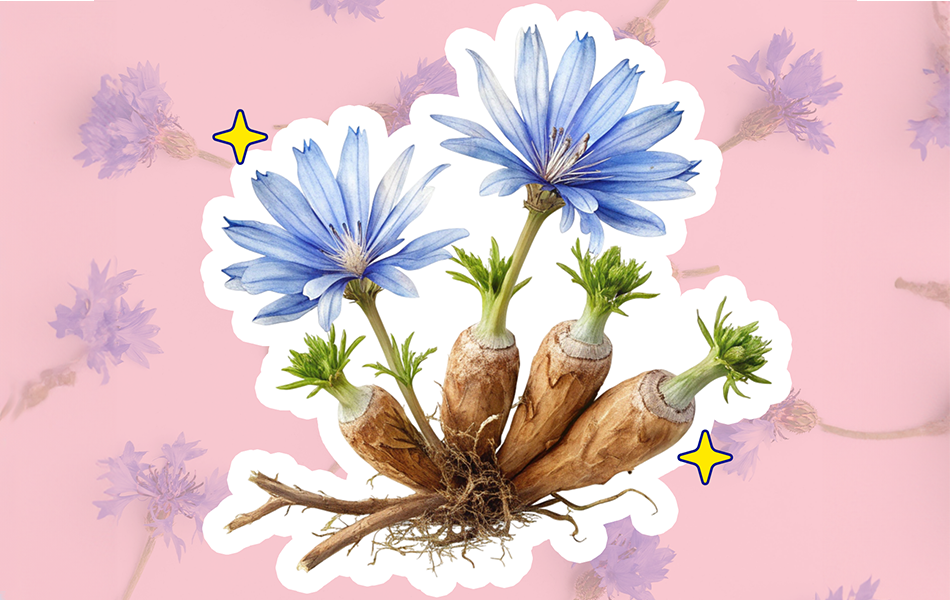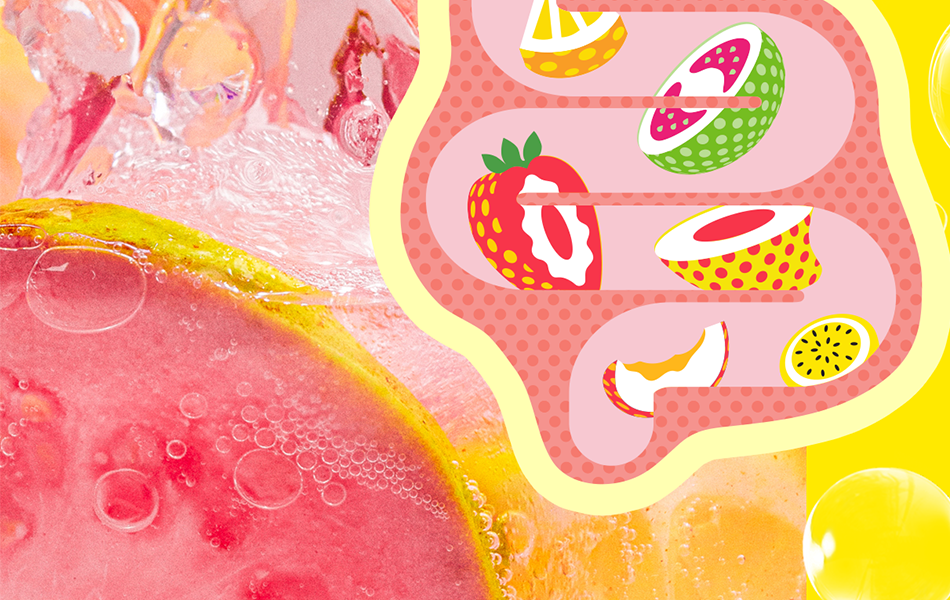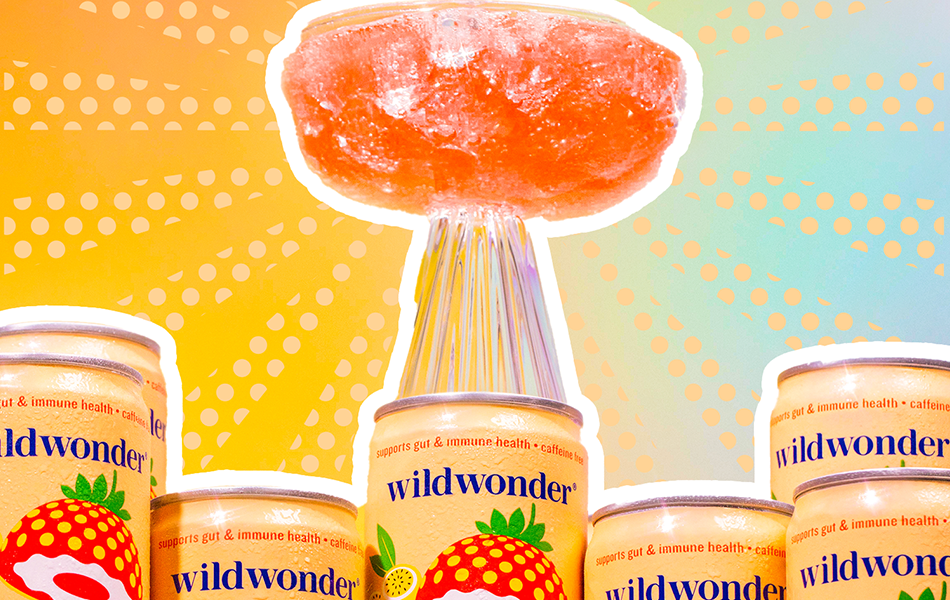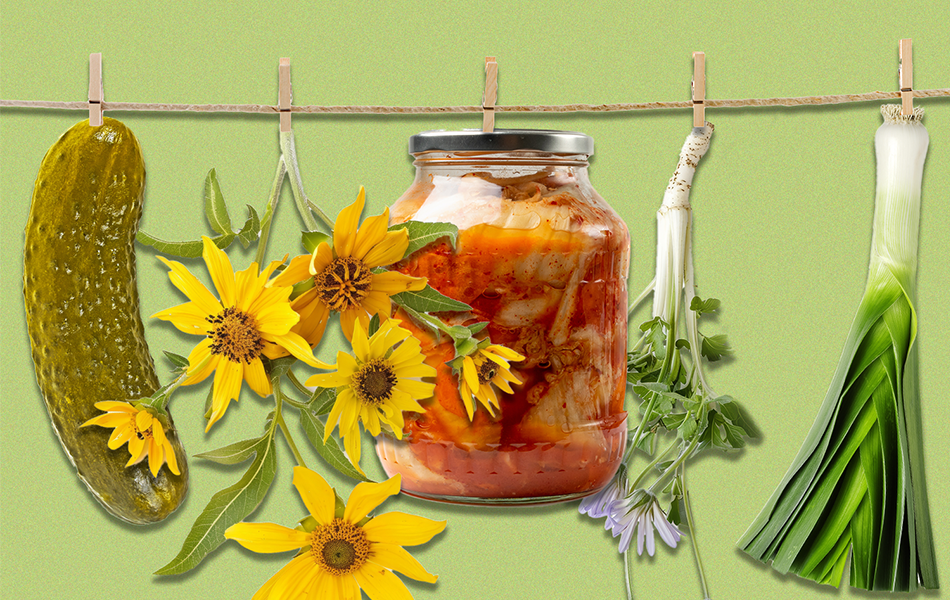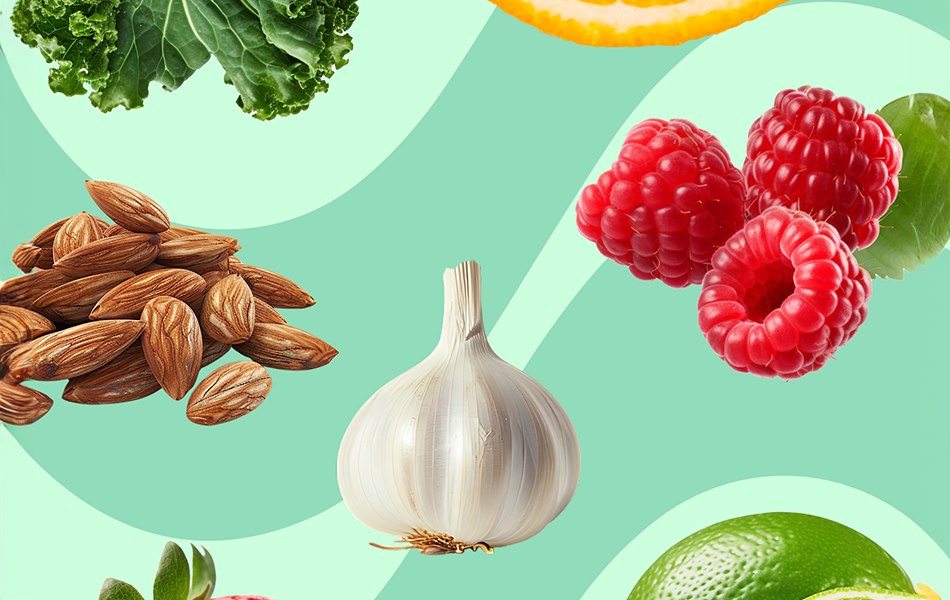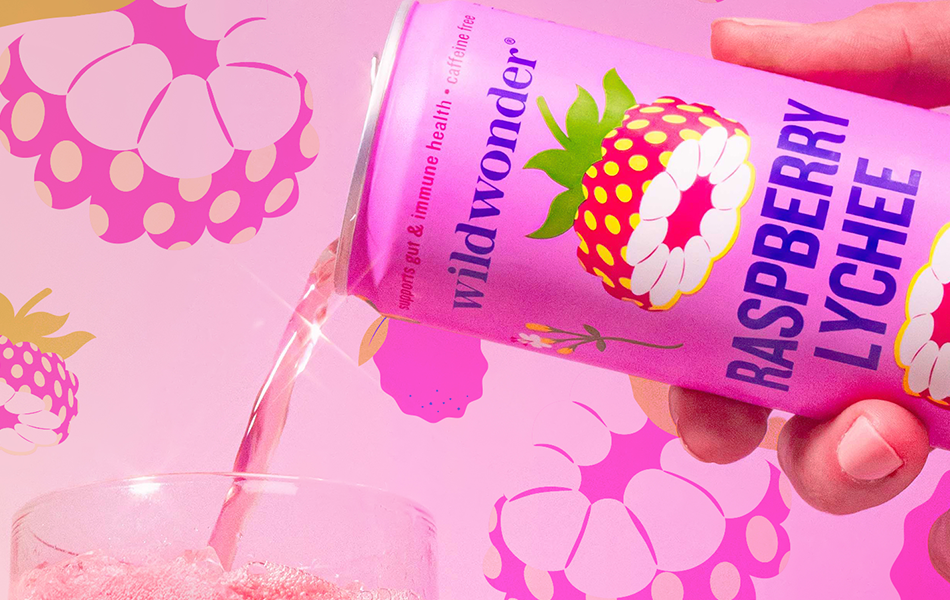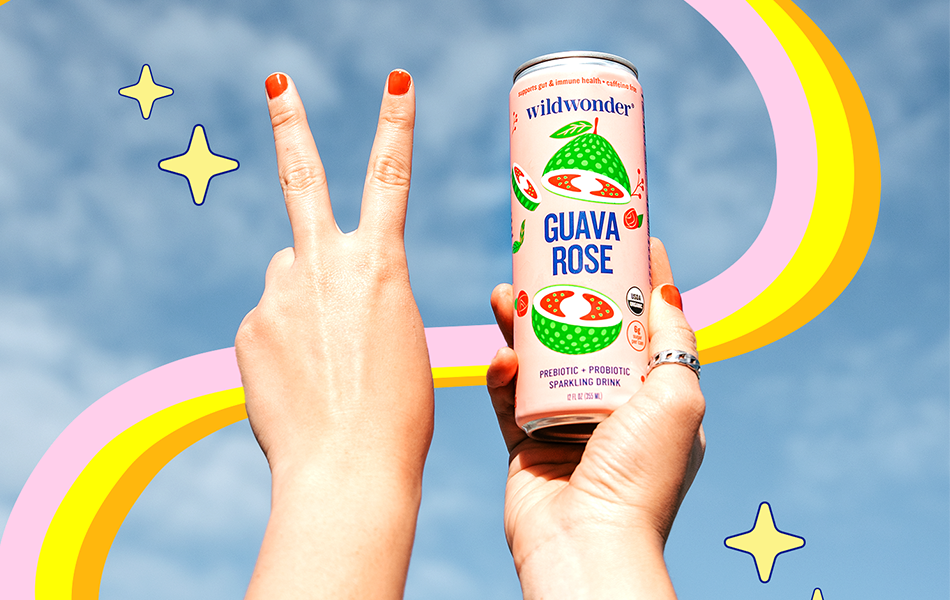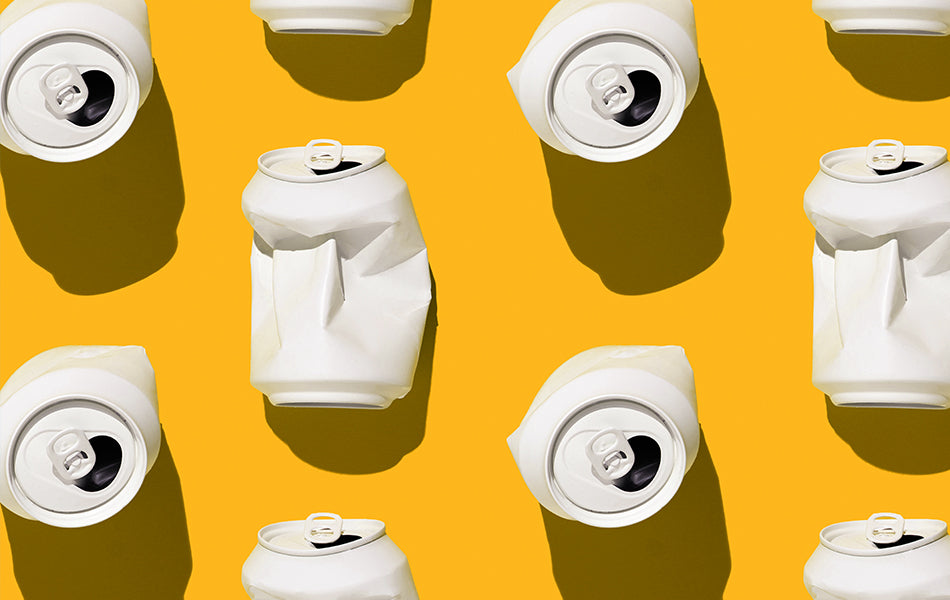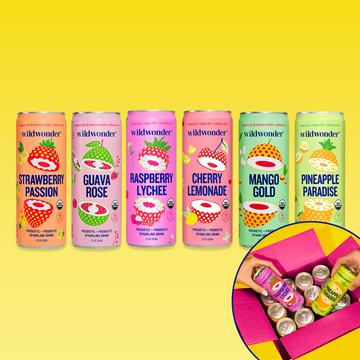Why is Diet Soda Bad for You?
The addiction to artificially sweetened drinks has gotten out of hand. The World Health Organization has updated its guidelines and classified aspartame as a group 2B agent by the International Agency for Research on Cancer (IARC). I am very happy! Possibly you have a kid from the 90s who always loved soda diets. If you regularly sift through diet drinks, you probably wondered if this was really sugary. Using soda for diet may provide you with short-term weight loss but you won’t get fooled by it.
Diet soda is linked to a higher diabetes risk
According to Susan Swithers, Type 2 diabetes seems to represent the strongest connection between diet soda and an increased risk of cancer in the United States. She also studies the effects diet-drink soda has on metabolism and lipid metabolism. They are quite consistent. In 2023, research of more than 1006,000 people found people with diabetes were more susceptible if they used more artificial sweeteners to treat their condition. Managing blood sugar control is crucial for individuals with diabetes or prediabetes, and they should consult healthcare professionals for better strategies. How do I get better from fermenting a few vegetables and eating fewer fruits or vegetables?
What's the difference between diet and regular soda?
Regular sodas are usually made from a mix of carbonated water and sugars, including phosphates (in light colas) “natural flavors”. Sugary soda, unlike diet soda, poses potential risks such as tooth erosion and discoloration. Diet soda, or diet cola, has the same ingredients as its normal counterpart except they are usually made with sugar substitutes. Typical sugar substitutes for soda are Aspartam, Accesulfam potassium, sucralose, or stevia. Most sugars can be viewed as non-nutritive, meaning they are low or low-energy.
What are the benefits of drinking diet soda?
Most physicians do not advise people to take diet soda. If people drink regular soda but aren’t completely prepared or able to quit, they may have a better health effect. Benefit of drinking soda. However, it is important to balance diet soda consumption with other drinks like water or milk to meet nutritional needs and avoid unwanted health effects.
Diet soda is linked to weight gain
The artificial sweetness of sucrose and aspartame in diet soda intake has been proven to be much less harmful than sugar but can cause changes to the receptors for sweetness. Some doctors believe that this will affect your appetite and stomach acid levels. Additionally, the consumption of diet soda is linked to increased risks of heart disease, including stroke, coronary heart disease, and heart attacks. But it’s not a Slam Dunk. This shift has generally been observed in animal research but has not yet been confirmed by humans,” explains Prest. Prest said sugar additives may disrupt gut-based bacteria that cause insulin-resistant or type 2 diabetes.
You May Lose Weight
The CDC estimates that a typical American consumes between a dozen to three sugar beverages daily. Changing from sugar-filled to sugar-free beverages will cause weight loss in some people. A simple substitution for bottled soda can save a person about 150 calories a month. However, diet soda may also have potential negative health effects, including changes in brain reaction to sweetness and insulin confusion.
Is diet soda at least better for you than regular soda?
Almost everyone who drinks sweet soda prefers diet soft drinks or water (natural) instead. Some people aren’t sure whether you should be drinking alcohol. Several studies show that drinking alcohol helps people to maintain a healthy diet. We have a better record of the harmful effects of sugar over sugar as well.
Try alternatives to diet sodas
Flavor, caffeine, carbonation: Diet soda is an excellent beverage. It seems you can also get all this stuff on healthier drinks. For those who previously drank diet soda, switching to healthier alternatives can help reduce the risk of obesity and other health conditions.
What is wildwonder?
wildwonder crafts functional and flavorful beverages inspired by our founder’s grandmother. Our bubbly and sweet (but not too sweet) sparkling drinks have unique ingredients that support gut health. Many people choose to drink diet soda as a sugar-free alternative, but it's important to consider healthier options like Wildwonder.
Our sparkling drinks start with a base of freshly brewed ingredients, which can include turmeric root, hibiscus, ginger, or rose petals. They also include a variety of 100% juices or purees, like passion fruit, guava, strawberry juice, and lemon juice.
Each wildwonder drink also contains the following ingredients:
Agave Nectar
Agave nectar is a natural sweetener derived from the sap of the agave plant, primarily found in the volcanic soils of Mexico. It's prized for its fructose content, which is higher than that of glucose, providing a sweeter taste with less quantity required. Agave nectar boasts a lower glycemic index compared to regular sugar, making it a more favorable option for maintaining stable blood sugar levels. Furthermore, agave nectar contains small amounts of vitamins and minerals, such as calcium, potassium, and magnesium, adding some nutritional value to its sweetening properties.
Jerusalem Artichoke
Jerusalem artichoke, also known as sunchokes, is a tuber vegetable renowned for its nutty flavor and crunchiness. Rich in iron, potassium, and especially inulin—a type of prebiotic fiber—Jerusalem artichokes are excellent for digestive health. The inulin aids in the growth of beneficial gut bacteria.
Chicory Root Inulin
Chicory root inulin is a naturally occurring prebiotic fiber found in the chicory plant. Unlike other carbohydrates, inulin is not digested in the upper gastrointestinal tract. Instead, it travels to the lower gut, where it feeds beneficial gut bacteria, thereby supporting digestive health, enhancing calcium absorption, and potentially aiding in blood sugar management.
Monk Fruit Extract
Monk fruit extract, derived from a plant native to southeast Asia, has gained popularity as a natural sweetener. As a small, round fruit native to Southeast Asia. It's celebrated for its natural sweetness, which comes from unique antioxidants called mogrosides, making it a popular sugar substitute without the calories. This makes it a favored choice for those watching their sugar intake or calorie consumption. Bonus? Since it comes from plants, it is a natural sweetener that is free from anything artificial — which is a concern for many who are leaning on sugar alternatives.
Live Probiotics
Live probiotics are live bacteria and yeasts, particularly beneficial for your digestive system. Often referred to as "good" or "friendly" bacteria, they help maintain the health of the gut microbiome, which plays a critical role in digestion, immune function, and possibly even mental health.
About the Author
 Meet Lauren Manaker, MS, RDN, LD, CLEC, CPT, wildwonder's new resident dietician. Lauren is a multiple award-winner, book author, and freelance writer. She acts as an expert resource for outlets that include EatThis.com, Well + Good, and MindBodyGreen, leaning on her ability to interpret the medical literature to benefit her readers.
Meet Lauren Manaker, MS, RDN, LD, CLEC, CPT, wildwonder's new resident dietician. Lauren is a multiple award-winner, book author, and freelance writer. She acts as an expert resource for outlets that include EatThis.com, Well + Good, and MindBodyGreen, leaning on her ability to interpret the medical literature to benefit her readers.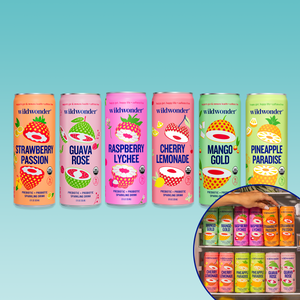 Shark Tank Bundle
Shark Tank Bundle
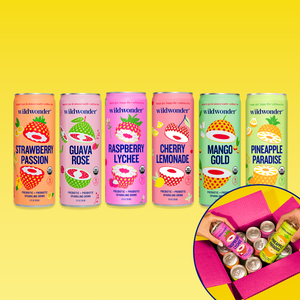 Classic Variety Pack
Classic Variety Pack
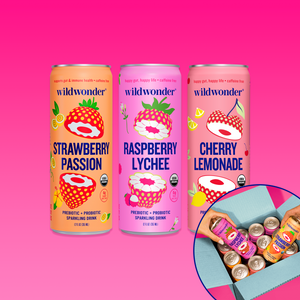 Very Berry Variety Pack
Very Berry Variety Pack
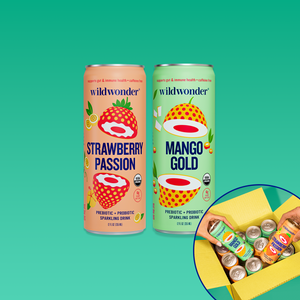 Rosa's Favorite Variety Pack
Rosa's Favorite Variety Pack
 Pink Pomelo Limeade
Pink Pomelo Limeade
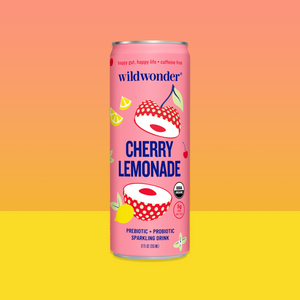 Cherry Lemonade
Cherry Lemonade
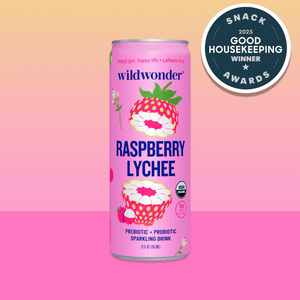 Raspberry Lychee
Raspberry Lychee
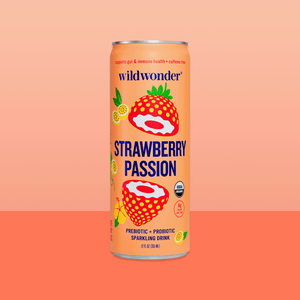 Strawberry Passion
Strawberry Passion
 Pineapple Paradise
Pineapple Paradise
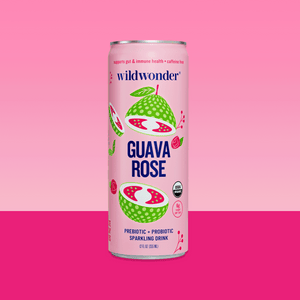 Guava Rose
Guava Rose
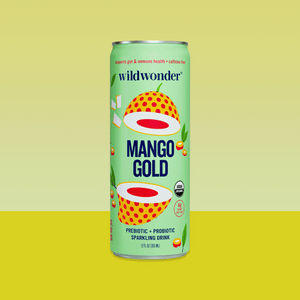 Mango Gold
Mango Gold
 WILD MAHJONG TILES
WILD MAHJONG TILES
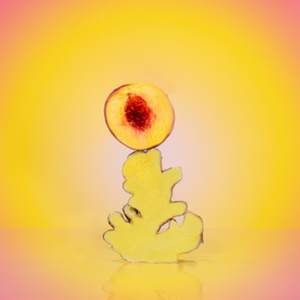 Blog
Blog
 Our story
Our story
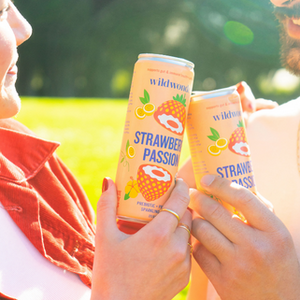 Impact
Impact
